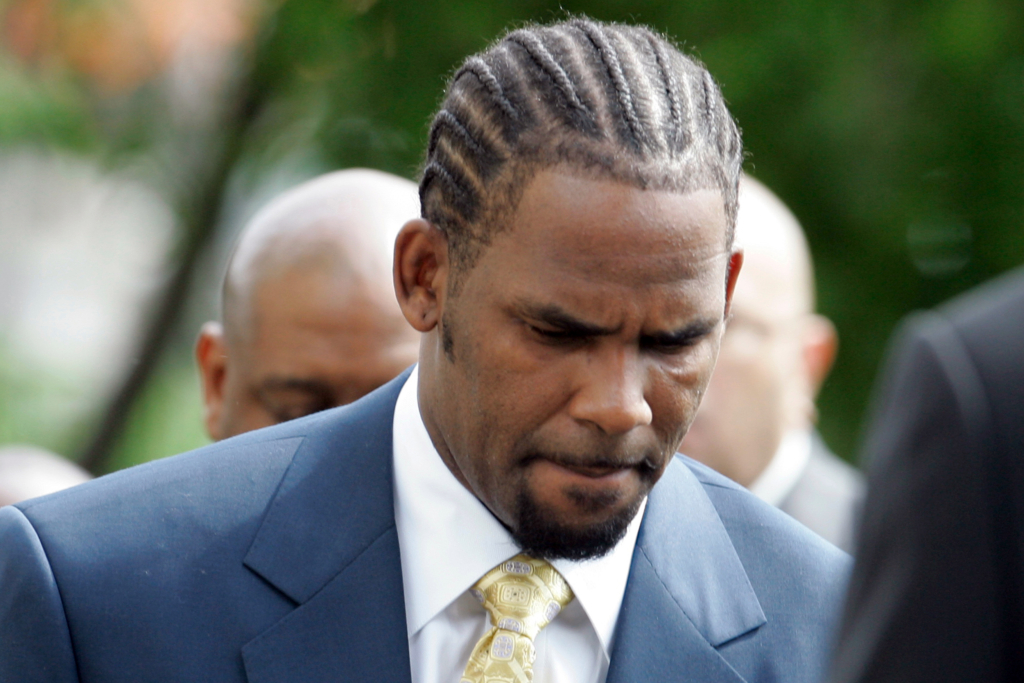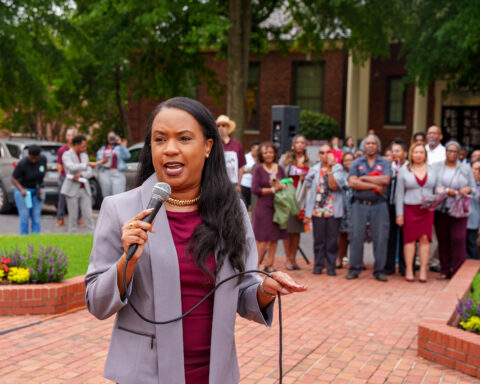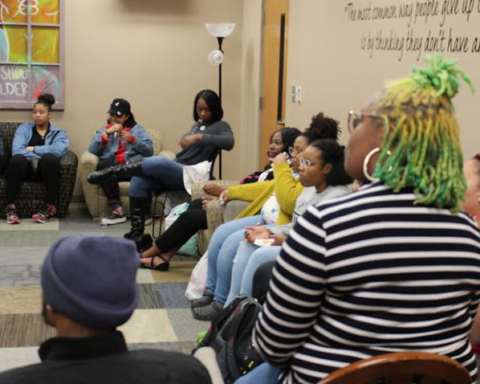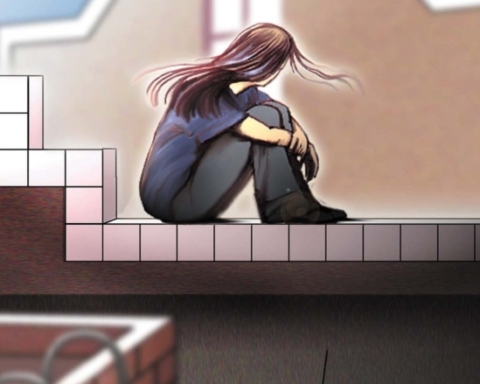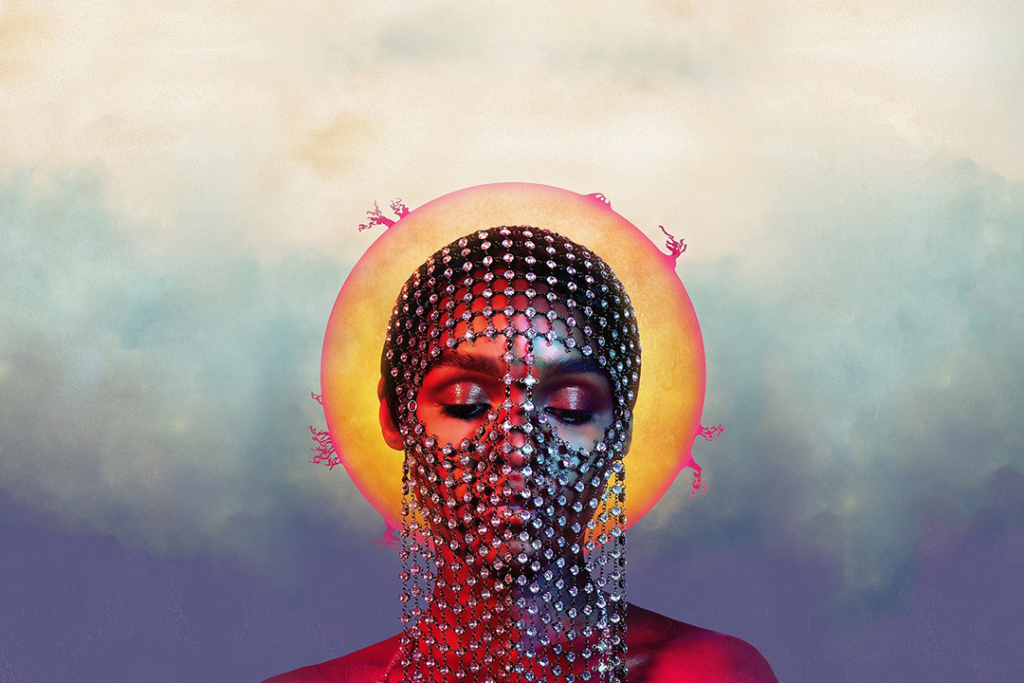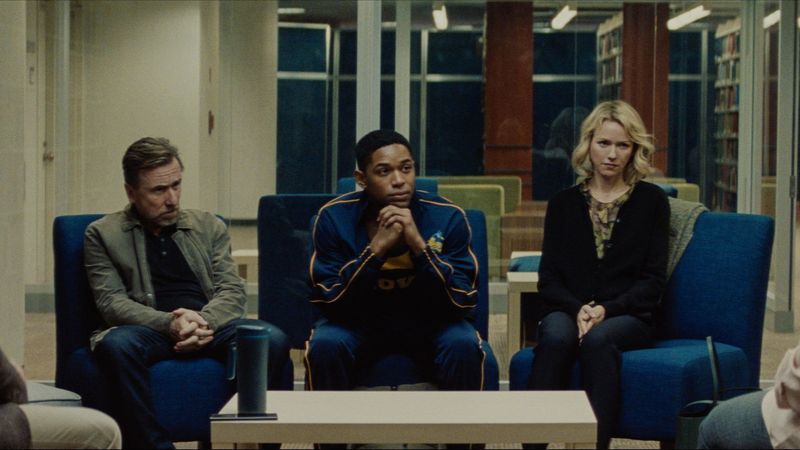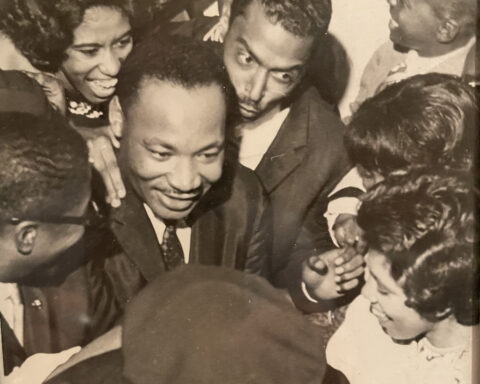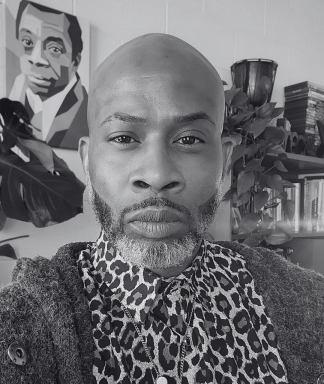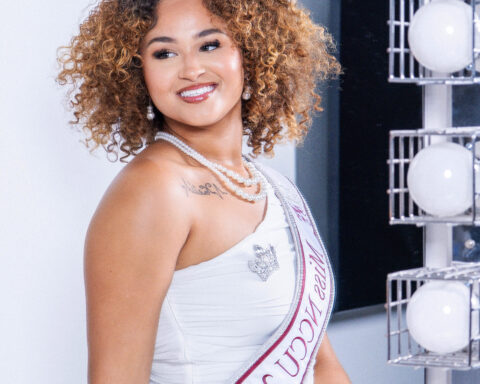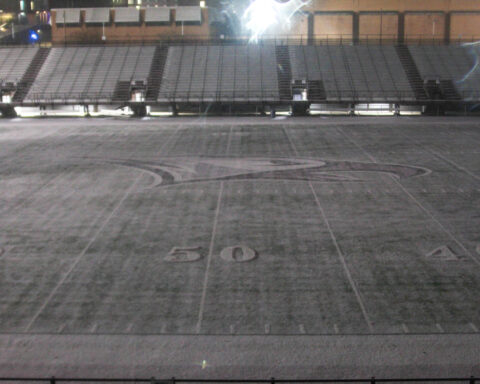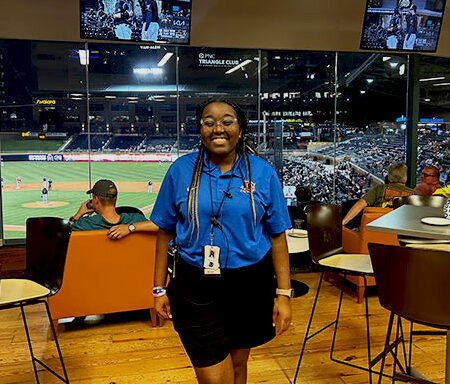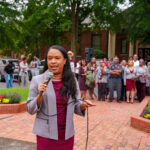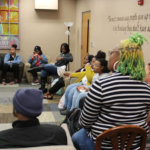Students gathered Tuesday night in Eagle Landing Residence Hall at N.C. Central University for the “Who was Standing By?” discussion panel, the first in a series of three created in response to the Lifetime documentary series “Surviving R. Kelly.”
The panel discussion featured the director of NCCU’s Women’s Center, Dr. Nichole Lewis, Prevention and Education Coordinator Kristin Gibson, and Crisis Intervention specialist Dorian Johnson. The event itself was hosted by the university’s Women’s Center, the Men’s Achievement Center, the LGBTA Resource Center, and Student Affairs.
Dr. Lewis kicked off the discussion showing a video clip of Canadian rapper Drake. Drake, who was 23 years old in the clip persistently flirted with a 17-year-old girl on stage at a concert, even after she informed him that she was underage. The rapper persisted to make derogatory comments and touch her repeatedly. This prompted the following questions in the discussion: “Is Drake the new R. Kelly?” and “Who looks out for black girls?”
Most of the victims in the “Surviving R. Kelly” documentary were African American women that met R. Kelly back when they were under the age of eighteen back in the early-late ’90’s. During this era, most young African American girls were naive because of the lack of education on sexual assault and their parents failing to broach topics on this matter. Most of all the victims in the documentary were teenage girls that were left alone with R. Kelly in the studio.
This information drove the panel’s main discussion of trying to figure who stands by to allow these horrible things to happen. Within the documentary, there were numerous bystanders that did not bother to speak up. Most of them being employees to R. Kelly as well as parents to the victims. The audience members raised questions regarding parental accountability in those situations.
“Where were some of these girls’ parents at?” commented several members of the audience.
“At age seventeen, eighteen is not old enough for educated consent,” Lewis explained.
Lewis and others referred to the singer, R. Kelly as a “predator” within the discussion.
Audience members discussed how domestic violence is not taken seriously when it happens to African American girls in today’s society with black women often being “over-sexualized”. Any group of people including black women, black men, or people of LGBTA are an easy target because they are the ones most oppressed within society.
“The belief is that black women’s’ bodies are not just their own,” commented Dr. Lewis as she referred back to Recy Taylor, an African American women who was raped by several white men in 1944. “So who stood by and let it happened?” Lewis asked the audience.
Lewis explained towards the end of the event that being an effective bystander means paying attention and taking action.

